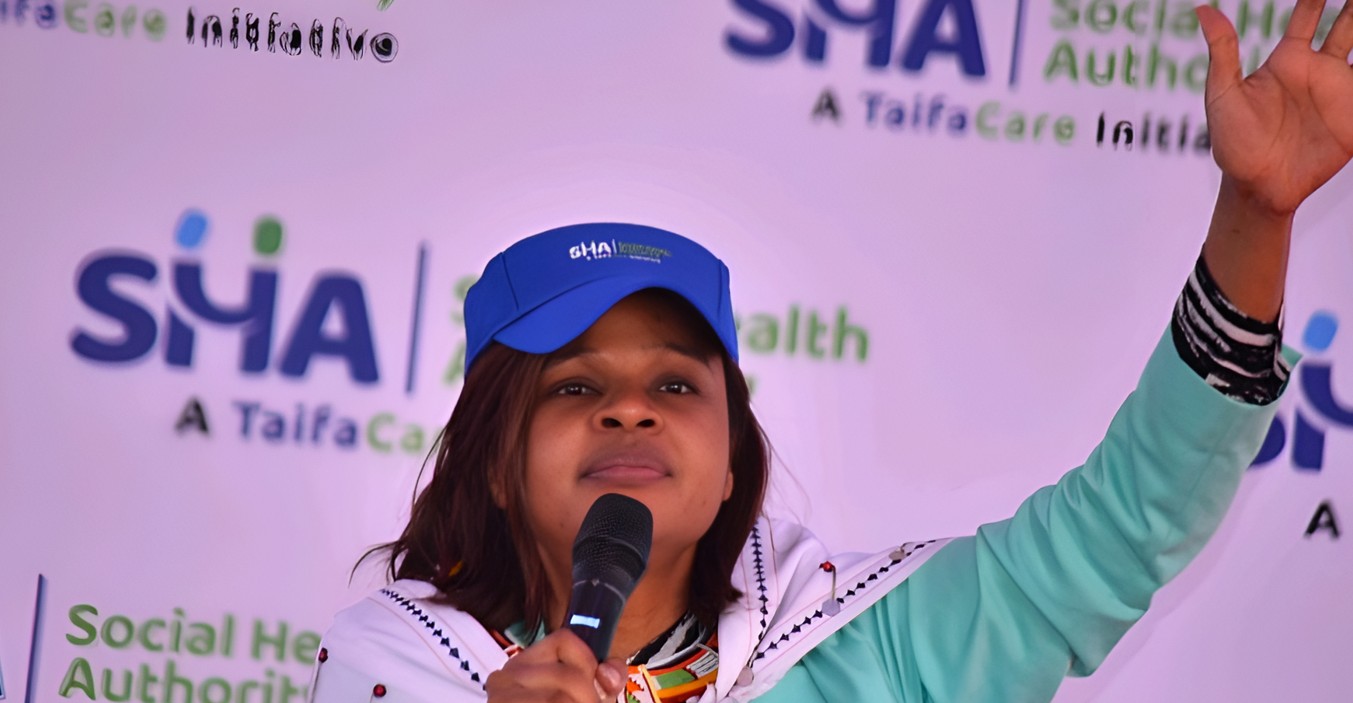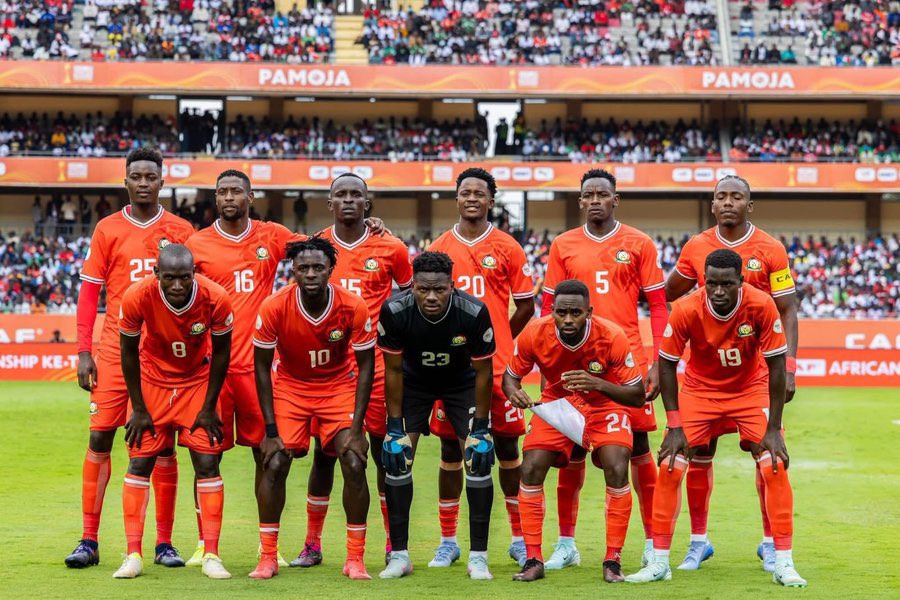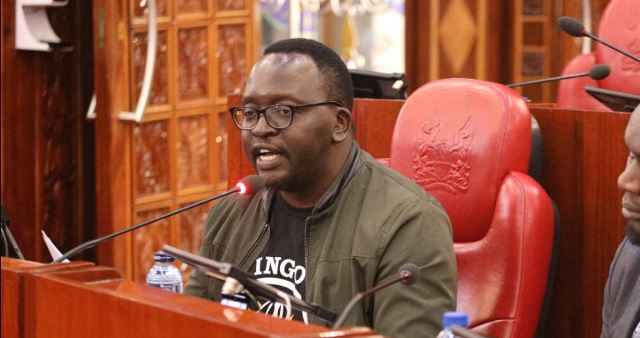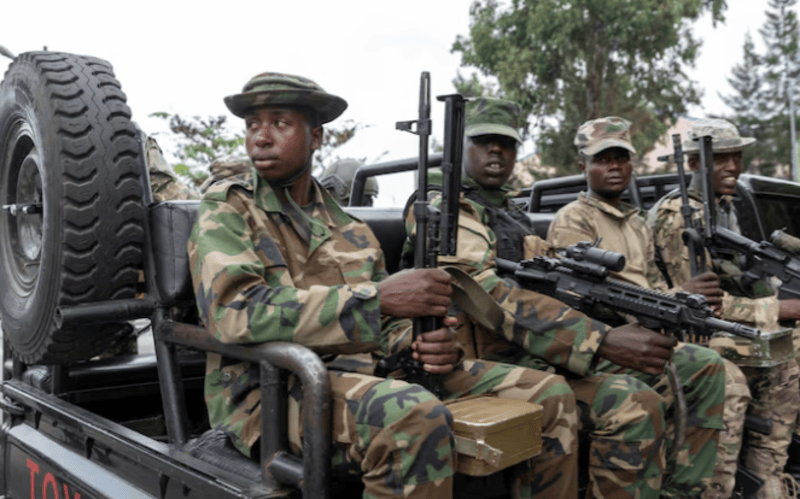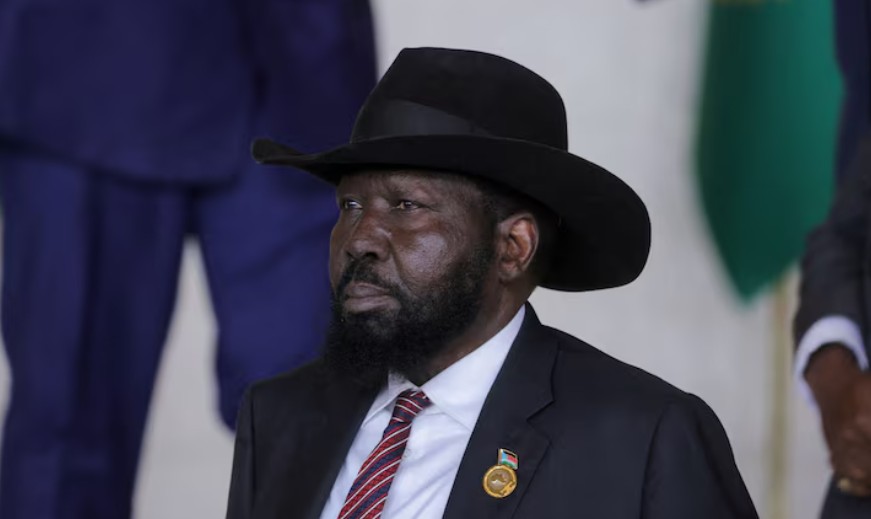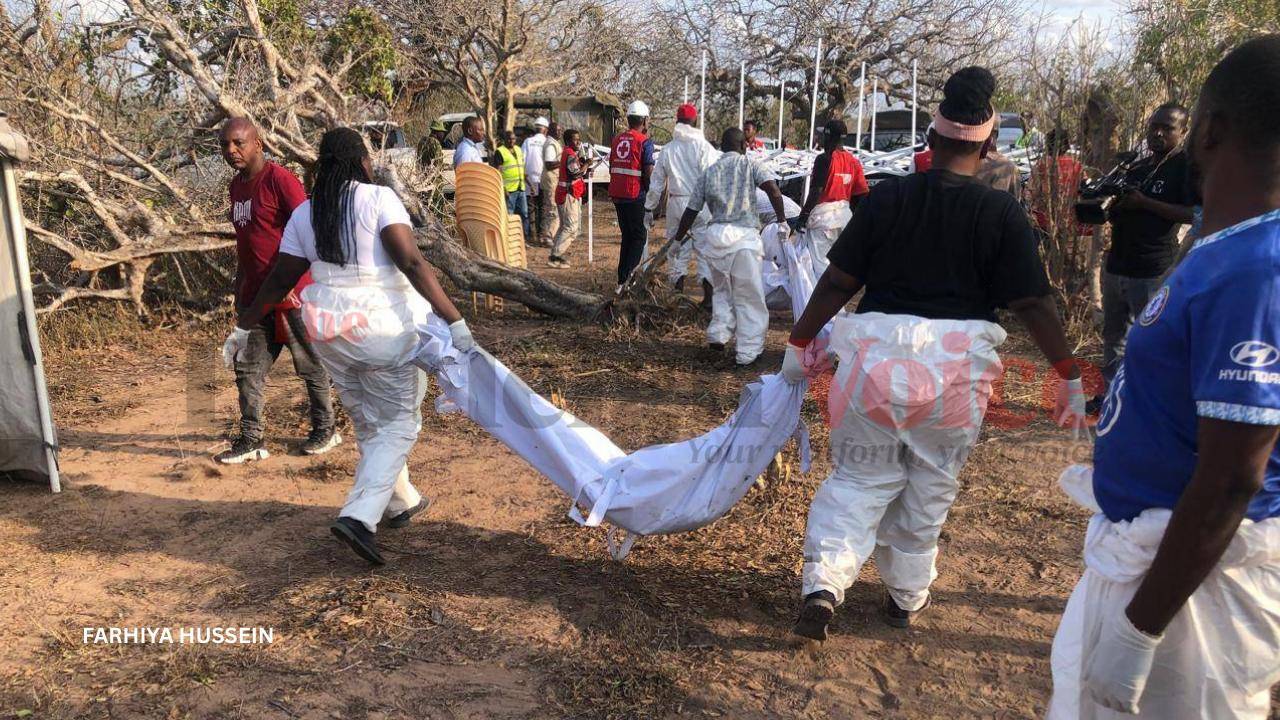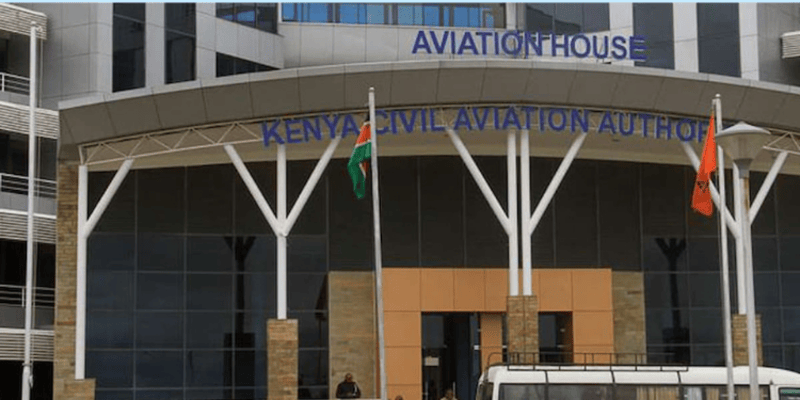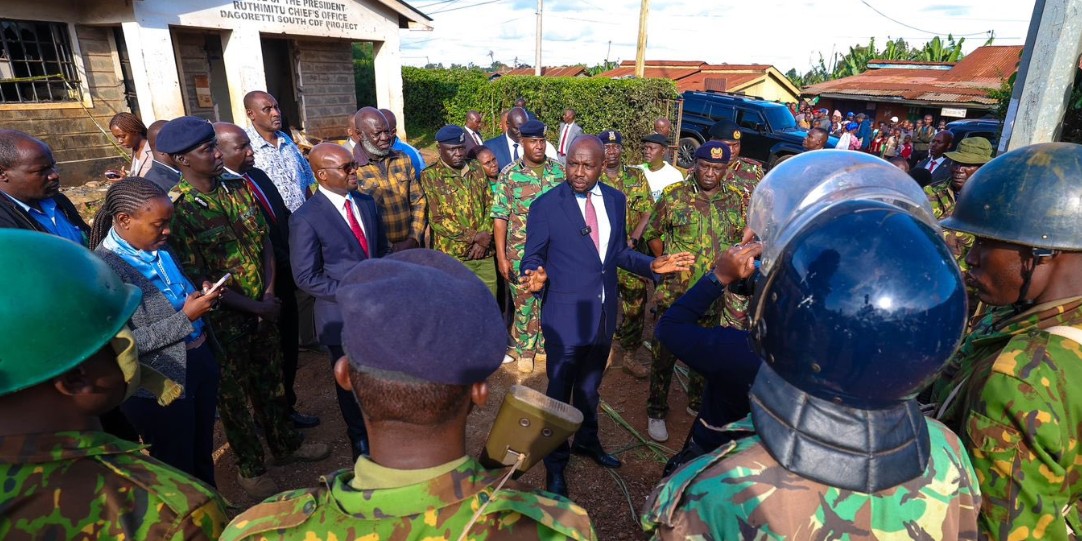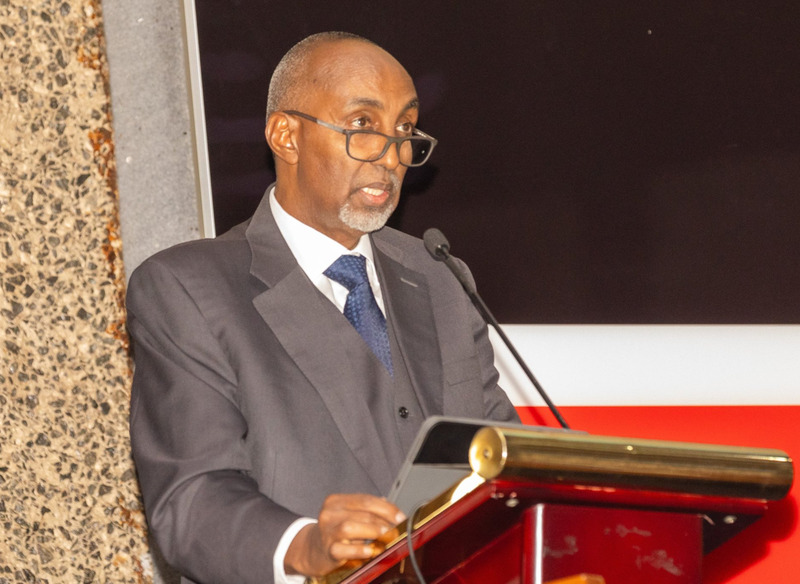Garissa leaders call for tougher penalties on FGM perpetrators
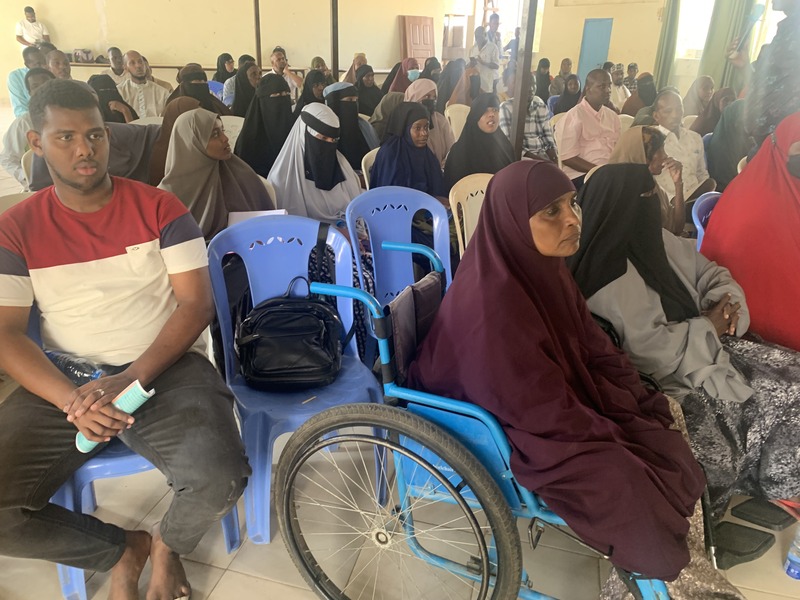
Others who participated in the Anti-FGM County Policy discussions urged both levels of government, as well as non-governmental organisations, to create alternative sources of livelihood for women who perform the cut.
People with disabilities in Garissa County want the government to revisit the Female Genital Mutilation (FGM) Act 2011 and increase the prison sentence for offenders who perform the practice on girls with disabilities.
Okan Abdi Guhad, a mother of four and a member of the Waberi Disability Women’s Organisation, is among those calling for harsher penalties for individuals carrying out FGM on girls with disabilities.
More To Read
- Trapped in Gaza: Palestinians with disabilities cannot reach aid
- ‘The silence must end': Women senators lead bold campaign against GBV in Mandera
- Sh940m for sanitary towels as state ups GBV, FGM and women empowerment funding
- Kenya struggles to aid persons with disabilities amid outdated data, funding shortfalls
- Cheptumo credits male champions, religious leaders for FGM fight progress, urges sustained partnerships
- Girls in vulnerable communities at risk as state slashes budget for sanitary towels, anti-FGM programmes
"I am a victim. My disability was worsened by health complications caused by the cut. I have endured immense suffering, and we are affected differently," she said.
Speaking during a public participation forum on Garissa County’s policy for the eradication of FGM, held at the Garissa Government Guest House, Okan shared her story with stakeholders, narrating how the cut led to her undergoing surgery four times due to childbirth complications.
 Okan Abdi Guhad, a mother of four and a member of the Waberi Disability Women’s Organisation. (Issa Hussein)
Okan Abdi Guhad, a mother of four and a member of the Waberi Disability Women’s Organisation. (Issa Hussein)
She said the experience motivated her to spearhead campaigns against FGM in Waberi Ward, Garissa Town.
She appealed to the government to revisit the law and extend the current three-year prison sentence for offenders who perform the practice on girls with disabilities.
Hibo Salat Wardere, Vice Chairperson of the People with Disabilities, echoed her call for stricter punishment.
Others who participated in the Anti-FGM County Policy discussions urged both levels of government, as well as non-governmental organisations, to create alternative sources of livelihood for women who perform the cut.
Fatuma Ahmed Badhi, a human rights activist in Garissa, noted that women performing FGM earned Sh 2,000 to provide for their families.
"These women will continue practising FGM unless they are provided with alternative sources of income. They need to be empowered and persuaded to abandon the practice for the county to achieve total eradication of FGM," she said.
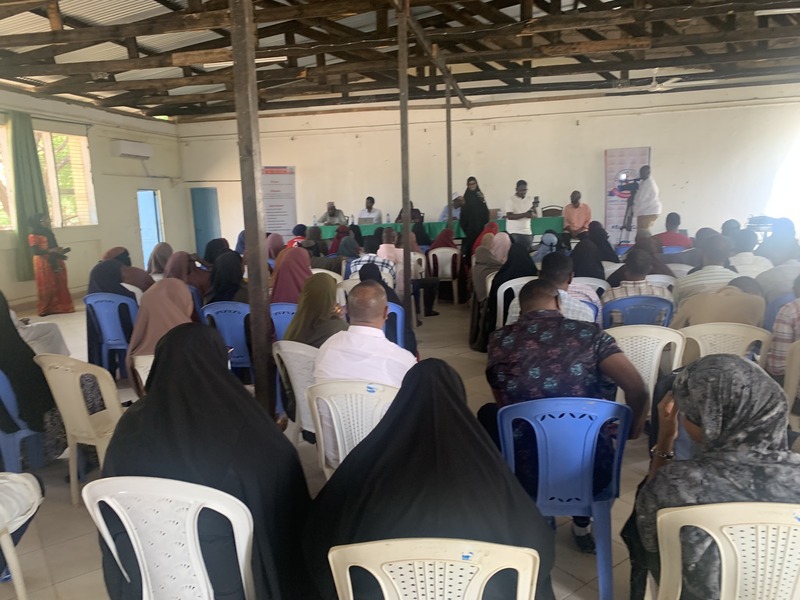 Participants during a public participation forum on Garissa County’s policy for the eradication of FGM. (Issa Hussein)
Participants during a public participation forum on Garissa County’s policy for the eradication of FGM. (Issa Hussein)
She cited a case where ActionAid supported women in Kamuthe, Garissa Town, with alternative livelihoods, including crop farming, which significantly reduced the outdated practice in the area.
Abdinassir Aden, a participant, stated that unless those performing FGM were empowered with alternative means of earning a living, the practice would continue in Garissa County.
However, Zamzam Hassan, a project coordinator for ActionAid, noted that research on alternative livelihoods for women performing FGM had shown limited impact, as more women were being recruited to continue the practice.
"Many will immediately take the place of those who choose to stop performing the cut. The situation is complex—we need to fight FGM starting at the household level," she said.
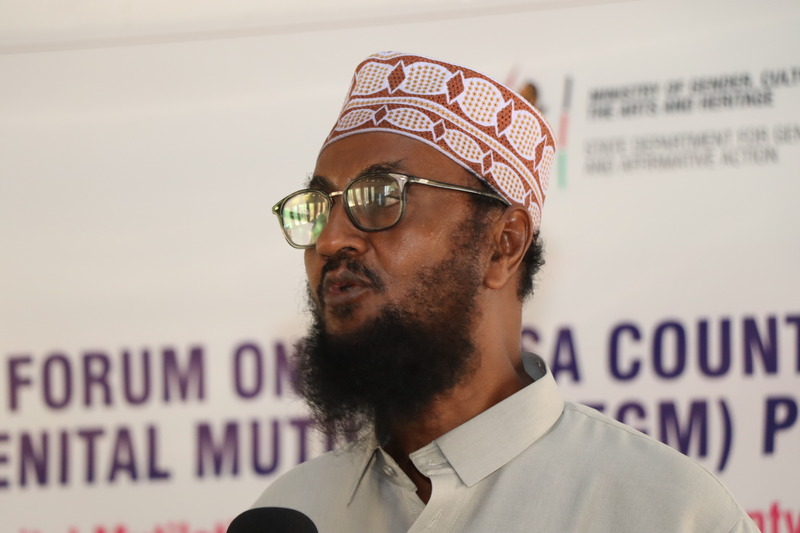 Sheikh Hussein Mahat representing religious leaders. (Issa Hussein)
Sheikh Hussein Mahat representing religious leaders. (Issa Hussein)
Saadiya Muktar Bare, a medic from Garissa Referral Hospital who supported the policy, emphasised the severe health consequences and complications experienced by women subjected to FGM.
Irshad Yussuf, from a civil rights organisation, also backed the policy, highlighting how women who develop health complications such as fistula and urinary problems often face divorce and neglect from their families.
"We need to be serious about implementing the Garissa County policy to eradicate FGM. The community is suffering in silence due to this practice," he said.
From a religious perspective, Sheikh Hussein Mahat condemned the practice, stating that it is completely against Islamic teachings.
"This is only practised by African communities and is not even a topic of discussion in the holy cities of Prophet Muhammad (PBUH) in Saudi Arabia. Those performing the act and parents supporting the cut need to repent and openly campaign against this vice," he urged.
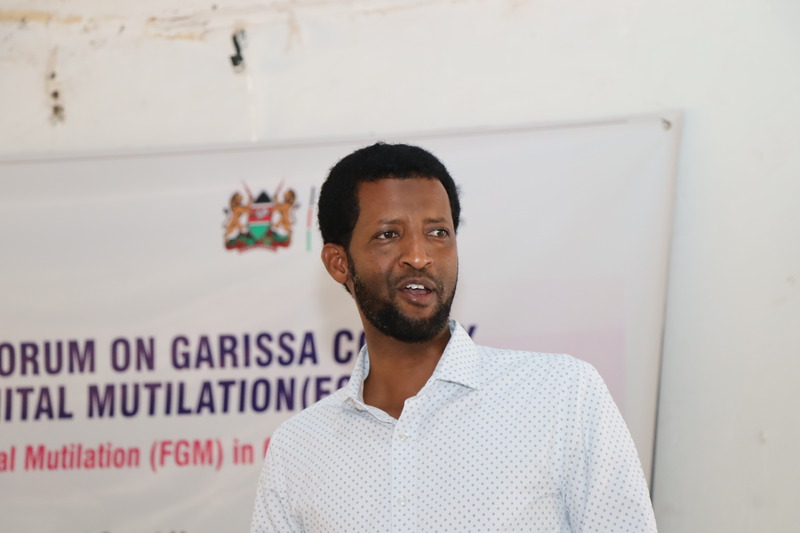 National Director of Policy and Research at the Anti-FGM Board, Hashim Musa. (Issa Hussein)
National Director of Policy and Research at the Anti-FGM Board, Hashim Musa. (Issa Hussein)
The National Director of Policy and Research at the Anti-FGM Board, Hashim Musa Yussuf, noted that Garissa County, with a current prevalence rate of 82.5 per cent, would make significant progress in eradicating FGM once the proposed policy is implemented.
He urged stakeholders to remain committed to the fight against the practice, highlighting that despite ongoing efforts, FGM remains widespread in Garissa, Wajir, and Mandera counties.
Zeitun Aden, from the County Gender Department, expressed hope that the policy would help eradicate FGM in Garissa County.
"Without a policy, efforts to end the practice have faced challenges. This policy addresses those challenges and seeks public support. Your overwhelming endorsement is already an achievement and will contribute significantly to the eradication campaign," she said.
She added that the policy, drafted by experts and supported by partners and donor organisations, would have a positive impact, citing Kajiado County as an example of success in implementing similar measures in the national campaign against FGM.
Top Stories Today



